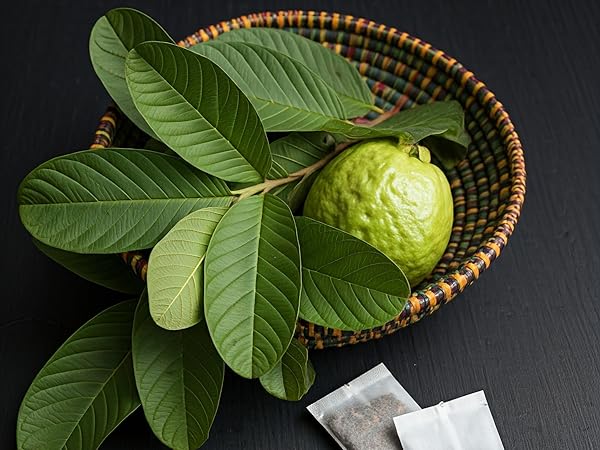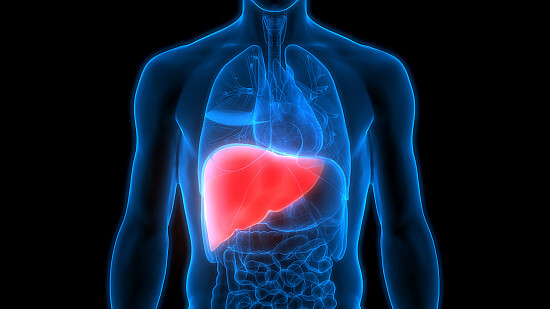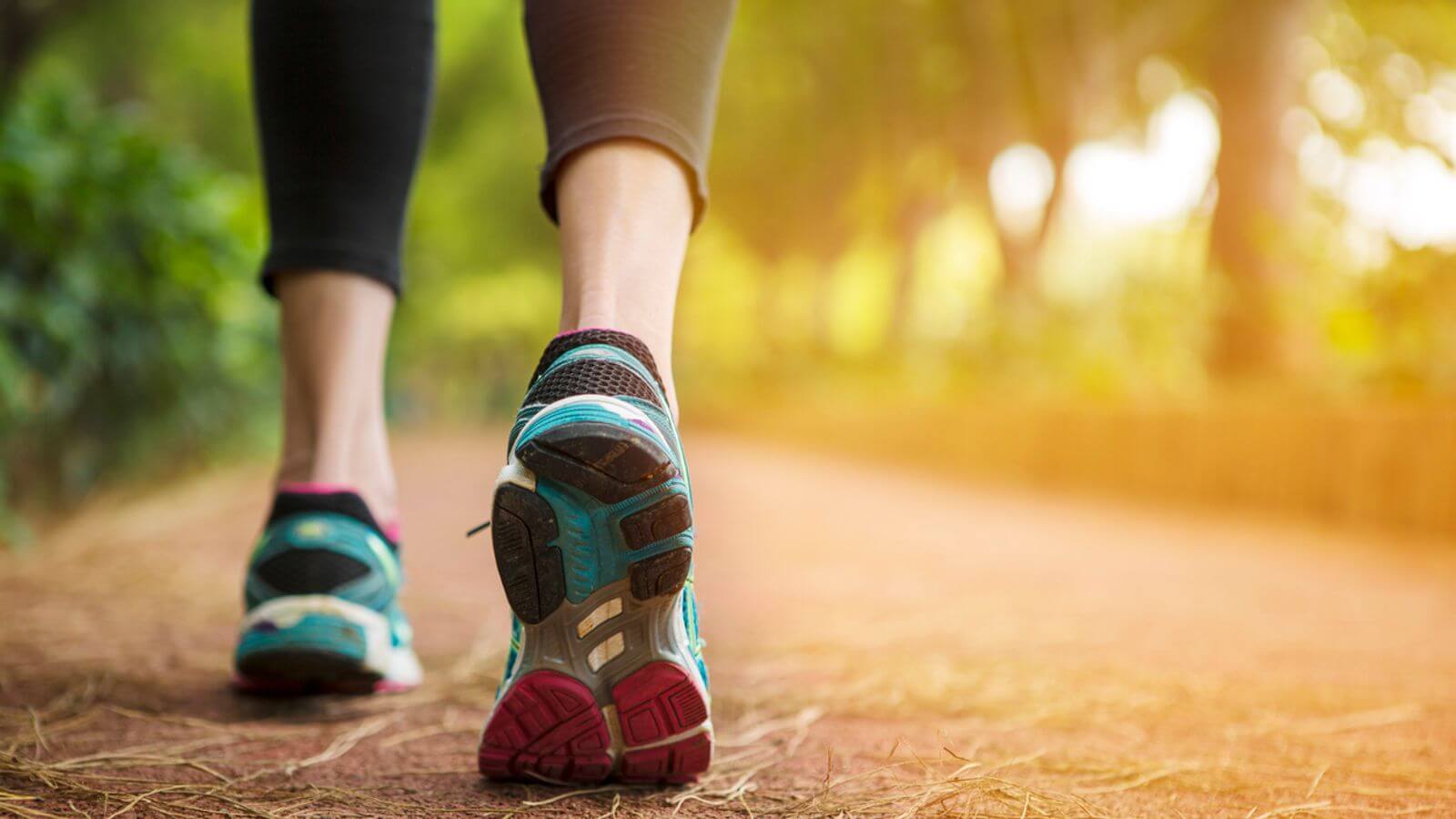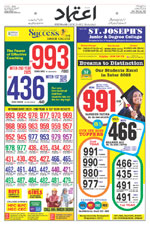Coronavirus app soon to let you self-assess risk
Mon 09 Mar 2020, 13:53:16
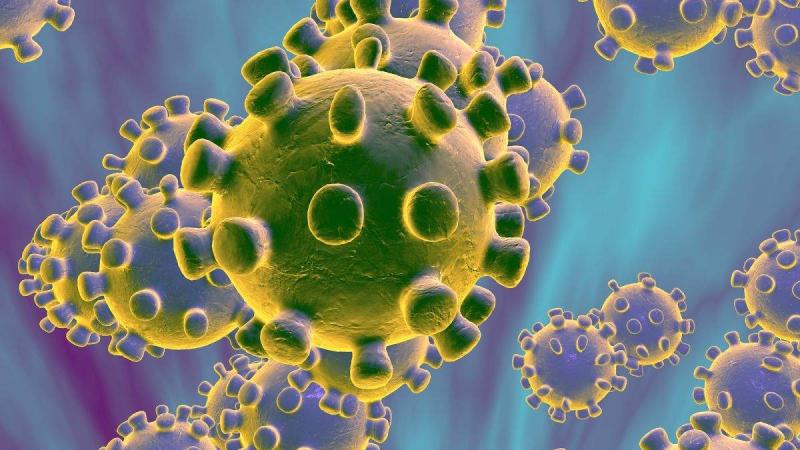
New York: Researchers including one of Indian-origin are developing a coronavirus app that would soon enable people to get an at-home risk assessment based on how they feel and where they have been in about a minute, and direct those deemed at risk to the nearest definitive testing facility.
The researchers believe that the app should be available within a few weeks and will be free because it addresses a public health concern.
It will also help provide local and public health officials with real time information on emerging demographics of those most at risk for coronavirus so they can better target prevention and treatment initiatives, according to a study published in the journal Infection Control & Hospital Epidemiology.
“We wanted to help identify people who are at high risk for coronavirus, help expedite their access to screening and to medical care and reduce spread of this infectious disease,” said one of the study authors Arni S.R. Srinivasa Rao from Medical College of Georgia at Augusta University in the US.
The app will ask individuals where they live; other demographics like gender, age and race; and about recent contact with an individual known to have coronavirus or who has travelled to areas, like Italy and China, with a relatively high incidence of the viral infection in the last 14 days.
It will also ask about common symptoms of infection and their duration including fever, cough, shortness of breath, fatigue, sputum production, headache, diarrhoea and
pneumonia.
pneumonia.
It will also enable collection of similar information for those who live with the individual but who cannot fill out their own survey.
Artificial intelligence will then use an algorithm Rao developed to rapidly assess the individual’s information, send them a risk assessment — no risk, minimal risk, moderate or high risk — and alert the nearest facility with testing ability that a health check is likely needed.
If the patient is unable to travel, the nearest facility will be notified of the need for a mobile health check and possible remote testing.
The collective information of many individuals will aid rapid and accurate identification of geographic regions, including cities, counties, towns and villages, where the virus is circulating, and the relative risk in that region so health care facilities and providers can better prepare resources that may be needed, Rao said.
It also will help investigators learn more about how the virus is spreading, the investigators from Medical College of Georgia said.
Once the app is ready, it will live on the augusta.edu domain and likely in app stores on the iOS and Android platforms, according to Medical College of Georgia.
The investigators hope this readily available method to assess an individual’s risk will actually help quell any developing panic or undue concern over coronavirus, or COVID-19.
No Comments For This Post, Be first to write a Comment.
Most viewed from Health
AIMIM News
Latest Urdu News
Most Viewed
May 26, 2020
Do you think Canada-India relations will improve under New PM Mark Carney?
Latest Videos View All
Like Us
Home
About Us
Advertise With Us
All Polls
Epaper Archives
Privacy Policy
Contact Us
Download Etemaad App
© 2025 Etemaad Daily News, All Rights Reserved.

